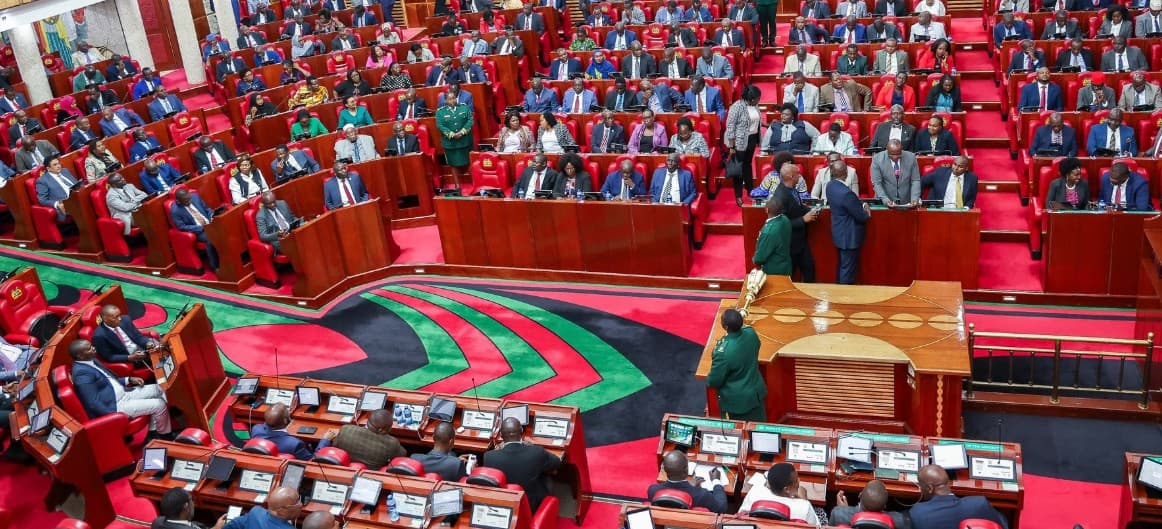We're loading the full news article for you. This includes the article content, images, author information, and related articles.
A significant disagreement has emerged between Kenya’s National Assembly and the Senate after the Assembly rejected Senate-proposed amendments aimed at increasing revenue allocations to county governments, leading to a political standoff over county funding levels.

Revenue Row Deepens as Senate, National Assembly Clash Over County Funding
NAIROBI, Kenya – June 4, 2025
A fresh storm is brewing in Kenya’s Parliament as the National Assembly and the Senate lock horns over the allocation of national revenue to county governments—threatening to disrupt the country’s devolved governance and stall critical grassroots development projects.
The standoff erupted after the National Assembly voted to reject key amendments by the Senate aimed at increasing financial allocations to Kenya’s 47 counties. The move has reignited long-standing tensions over how much control each chamber should wield over the country’s budgetary priorities, particularly as counties continue to shoulder more responsibility for service delivery.
At the heart of the dispute is a contested provision in the Finance Bill that sets out how national revenue should be shared between the two levels of government. Senators argue the current allocation is insufficient, warning it will cripple counties' ability to fund essential services such as healthcare, education, water, and infrastructure.
“You cannot devolve functions without devolving the funds to match,” said one outspoken senator. “This is not a technical issue—it’s a question of equity and constitutional responsibility.”
But MPs in the National Assembly have dug in, backing the original figures proposed by the National Treasury and asserting that the Senate’s demands would upset the broader fiscal framework.
“We must balance ambition with realism,” said a National Assembly finance committee member. “We are facing economic constraints, and the proposed increase is simply unsustainable.”
With both houses refusing to yield ground, the matter is now expected to be referred to a joint mediation committee to break the deadlock. Such a move is likely to delay final passage of the Finance Bill, putting pressure on the legislature to strike a compromise before the new fiscal year begins in July.
Constitutional experts warn that failure to resolve the impasse could lead to serious operational setbacks for county governments, including delayed disbursements, stalled projects, and strained public services.
“This isn’t just a political fight—there are real implications for healthcare centers, local schools, and livelihoods across the country,” noted one policy analyst.
The clash comes at a time when Kenya’s devolved system of governance is under increasing scrutiny, more than a decade after its inception. While counties have made significant strides in bringing services closer to the people, questions persist about whether they are being adequately resourced to meet their mandates.
This latest battle over the budget exposes the fragile balance between national control and local autonomy, and could shape the next phase of Kenya’s fiscal decentralization journey.
As Kenyans watch the budget debates unfold, the big question remains: Will Parliament rise above political gridlock to safeguard the spirit—and success—of devolution?
Keep the conversation in one place—threads here stay linked to the story and in the forums.
Sign in to start a discussion
Start a conversation about this story and keep it linked here.
Other hot threads
E-sports and Gaming Community in Kenya
Active 9 months ago
The Role of Technology in Modern Agriculture (AgriTech)
Active 9 months ago
Popular Recreational Activities Across Counties
Active 9 months ago
Investing in Youth Sports Development Programs
Active 9 months ago